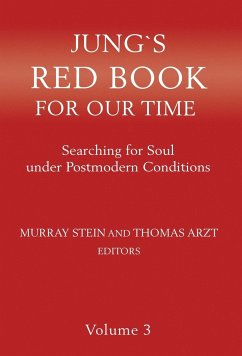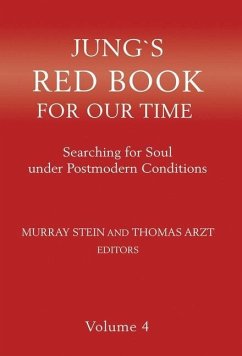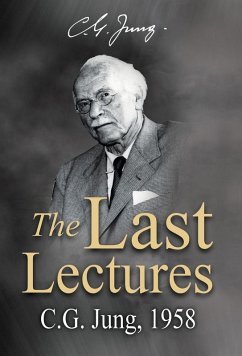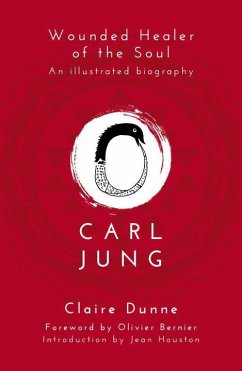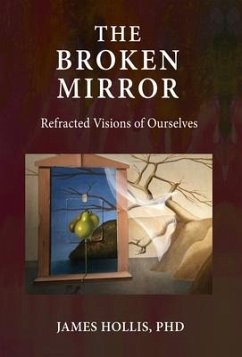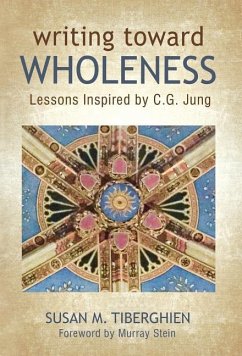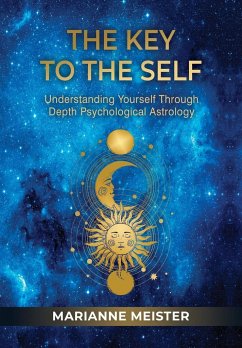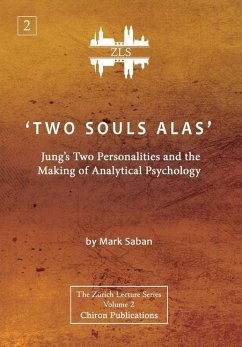
'Two Souls Alas'
Jung's Two Personalities and the Making of Analytical Psychology
Versandkostenfrei!
Versandfertig in über 4 Wochen
39,99 €
inkl. MwSt.
Weitere Ausgaben:

PAYBACK Punkte
20 °P sammeln!
In his memoir, Memories Dreams Reflections, Carl Jung tells us that, as a child, he had the experience of possessing two personalities. 'Two Souls Alas' is the first book to suggest that Jung's experience of the difficult dynamic between these two personalities not only informs basic principles behind the development of Jung's psychological model but underscores the theory and practice of Analytical Psychology as a whole. Mark Saban suggested that what Jung took from his experience of inner division was the principle that psychological health depends upon the avoidance of one-sidedness - a pre...
In his memoir, Memories Dreams Reflections, Carl Jung tells us that, as a child, he had the experience of possessing two personalities. 'Two Souls Alas' is the first book to suggest that Jung's experience of the difficult dynamic between these two personalities not only informs basic principles behind the development of Jung's psychological model but underscores the theory and practice of Analytical Psychology as a whole. Mark Saban suggested that what Jung took from his experience of inner division was the principle that psychological health depends upon the avoidance of one-sidedness - a precept that underpins Jung's seminal notion of individuation. In practice, this process requires again and again that any one-sided position, approach or belief is brought into tension with a conflicting 'opposite' position, in order that a third position can be achieved which transcends both of the earlier positions. In the second part of the book, Saban takes up this principle and uses it to perform an internal critique on Analytical Psychology as enshrined in Jung's Collected Works. He suggests that in certain arenas Jung's personal one-sidedness - specifically his persistent tendency to prioritise the inner dimension of psychological work, and to downplay or ignore the outer dimension - undermined Jung's capacity to fully follow through the 'logic' of the two personalities. Saban argues that, as a result, Analytical Psychology has failed to find a stance from which it can creatively engage with political, social and historical matters. This book opens up a new direction for post-Jungian psychology, and indicates some ways in which, by following the logic of the two personalities, the one-sidedness that has long shadowed Jungian psychology can begin to be corrected.



